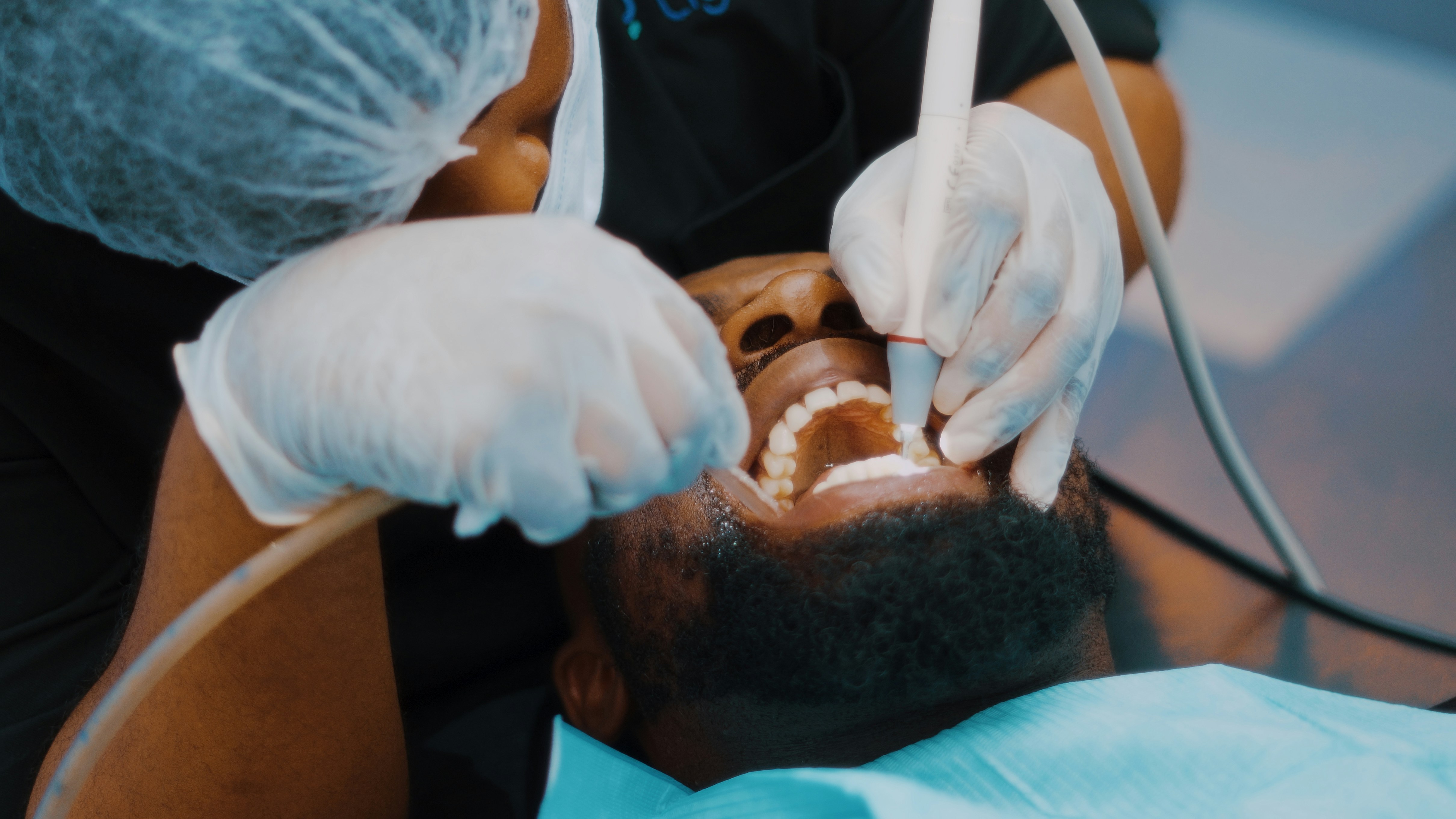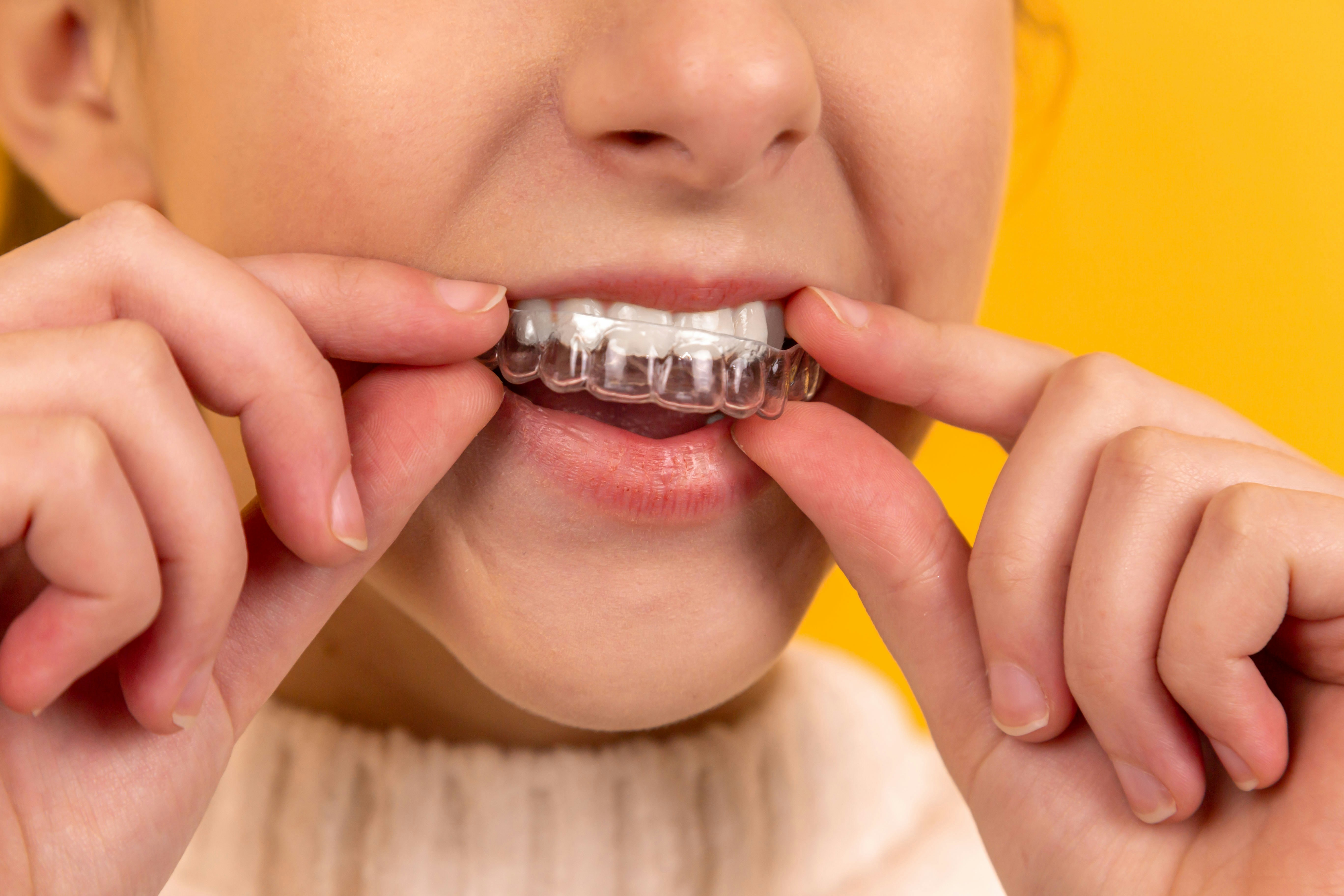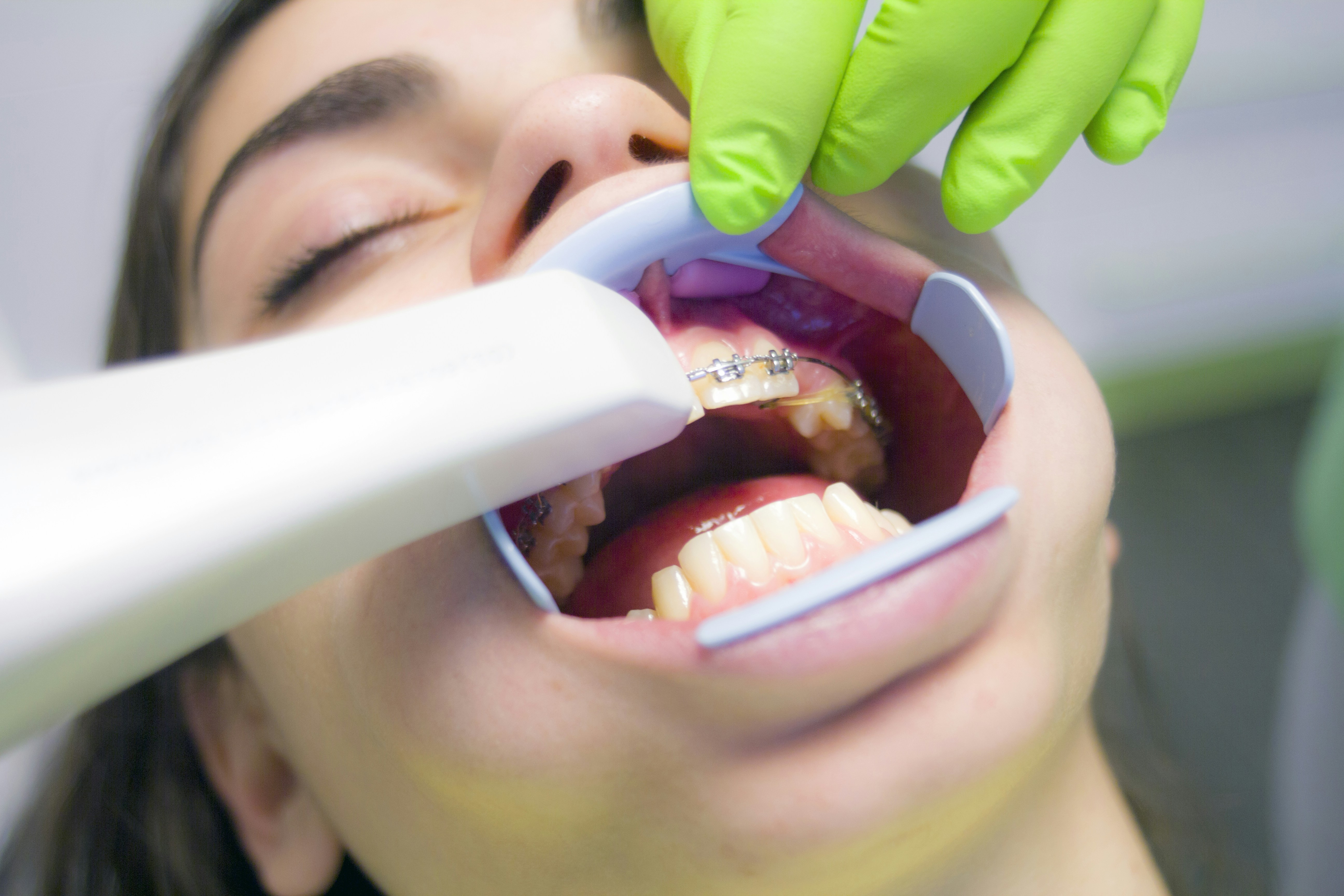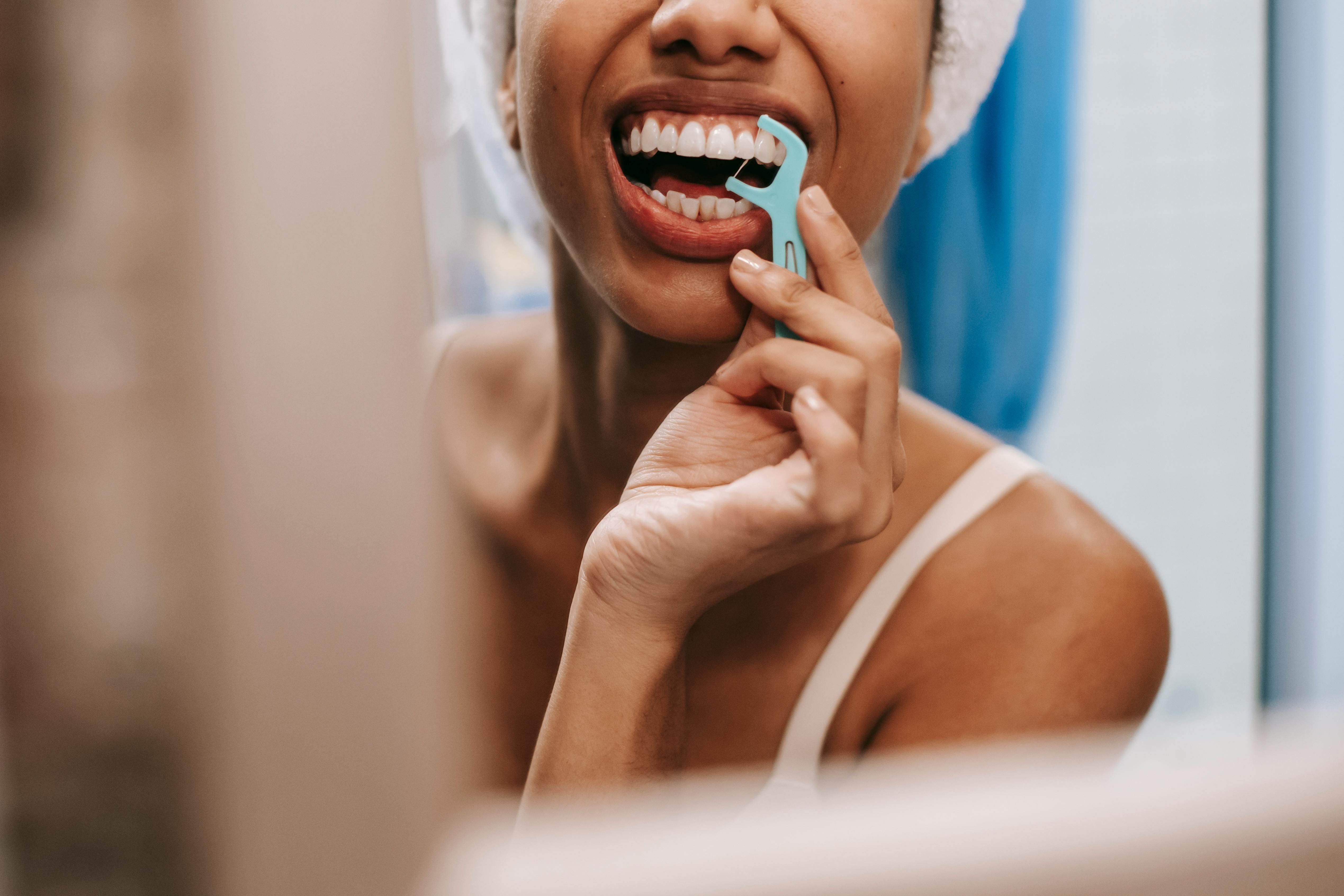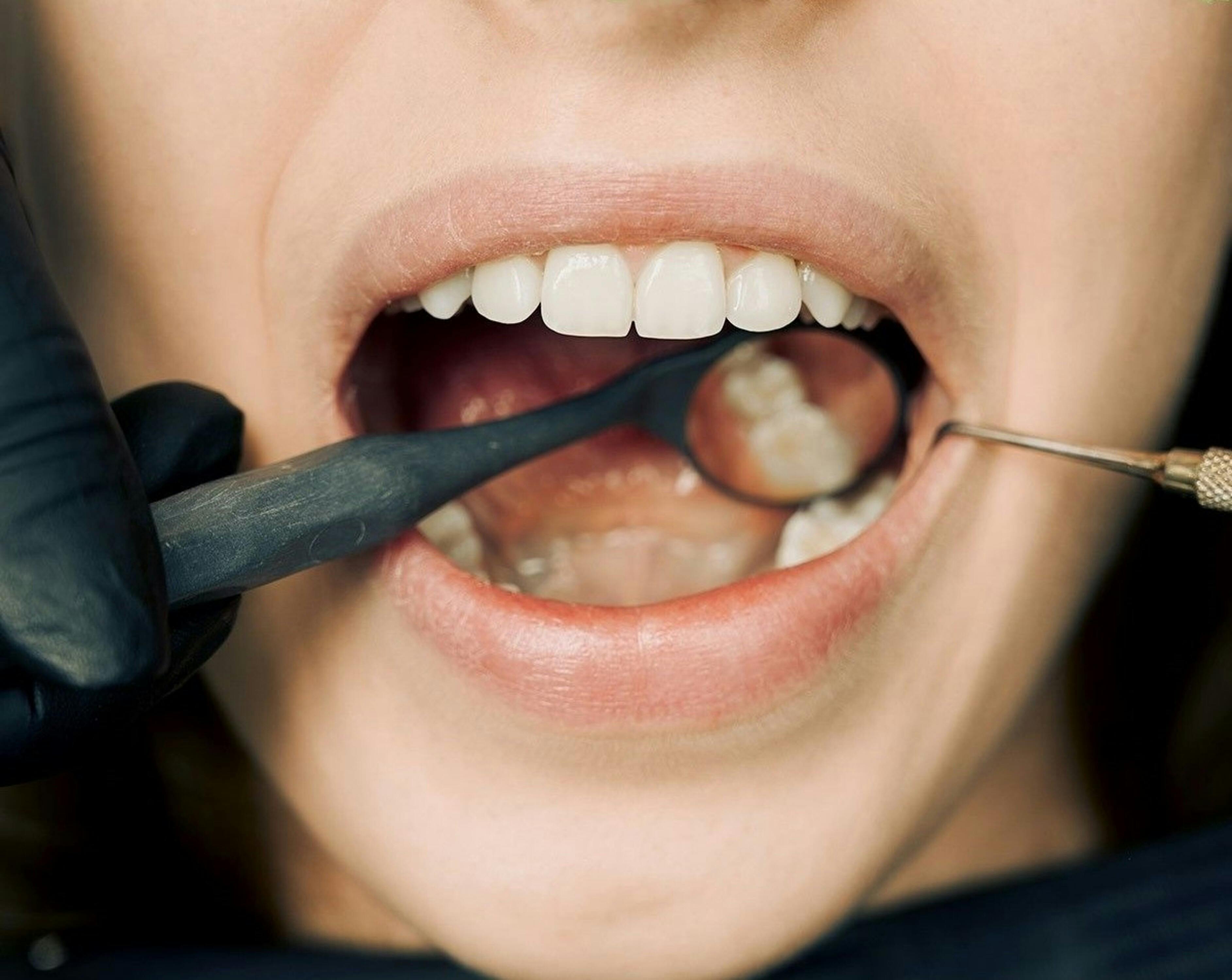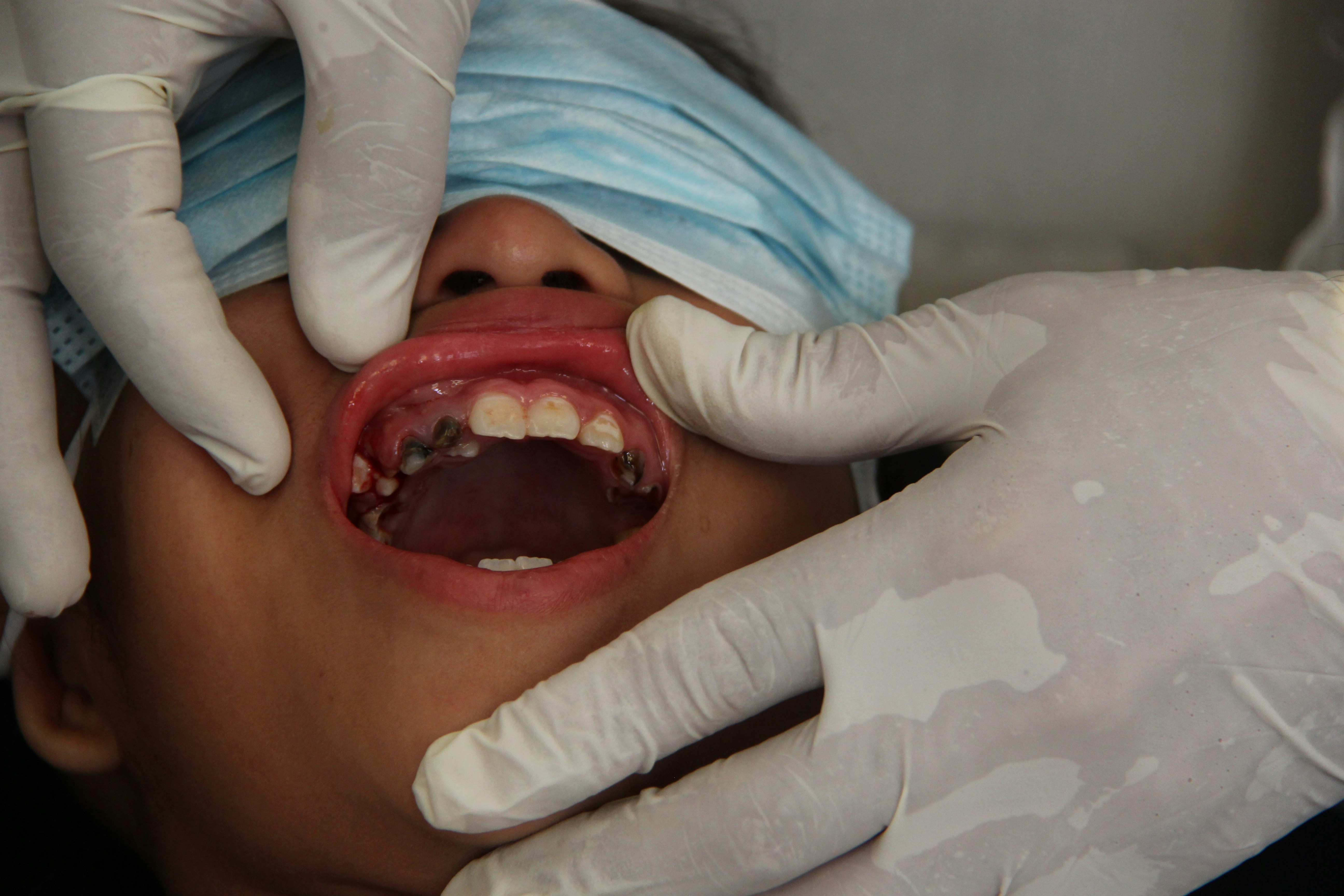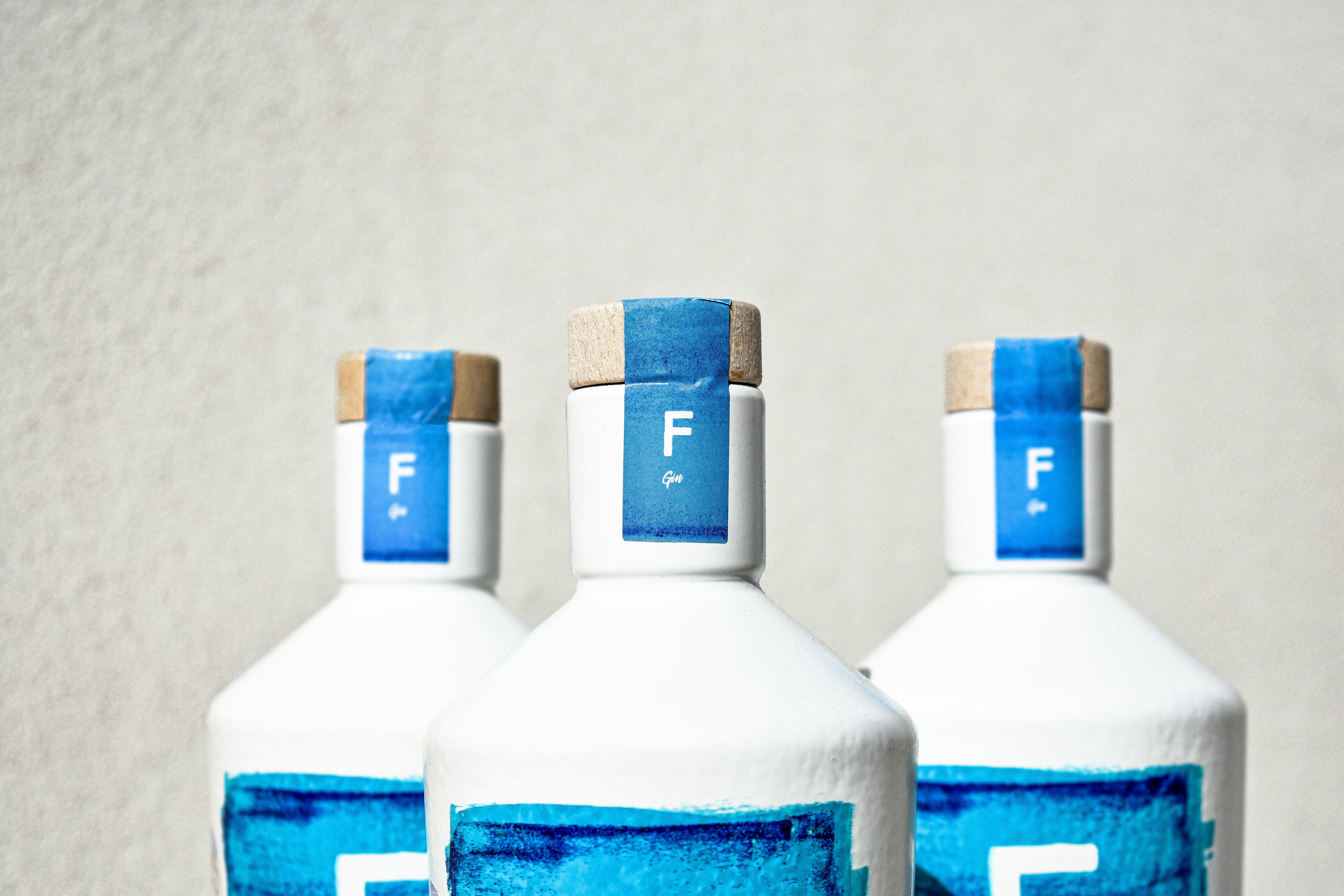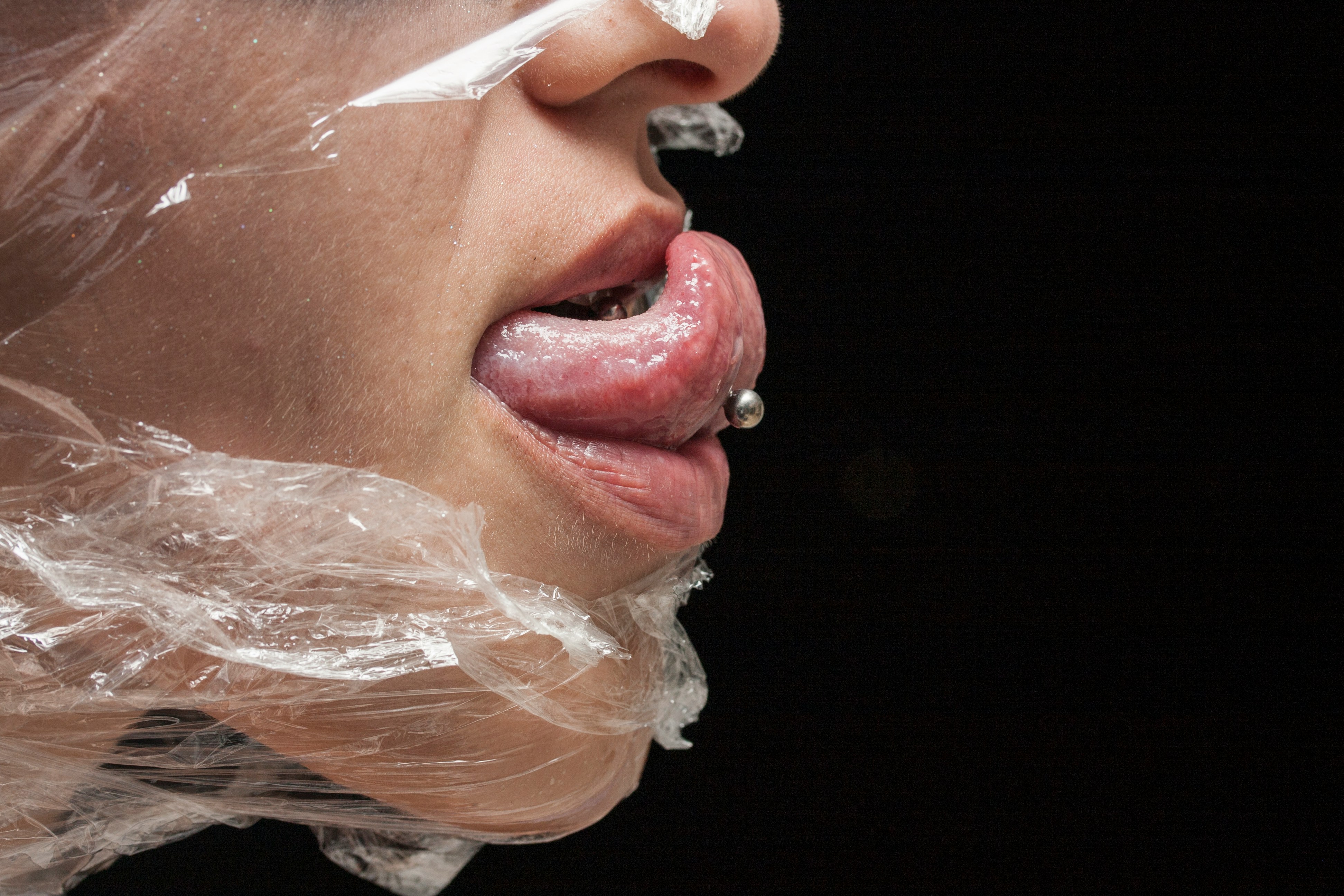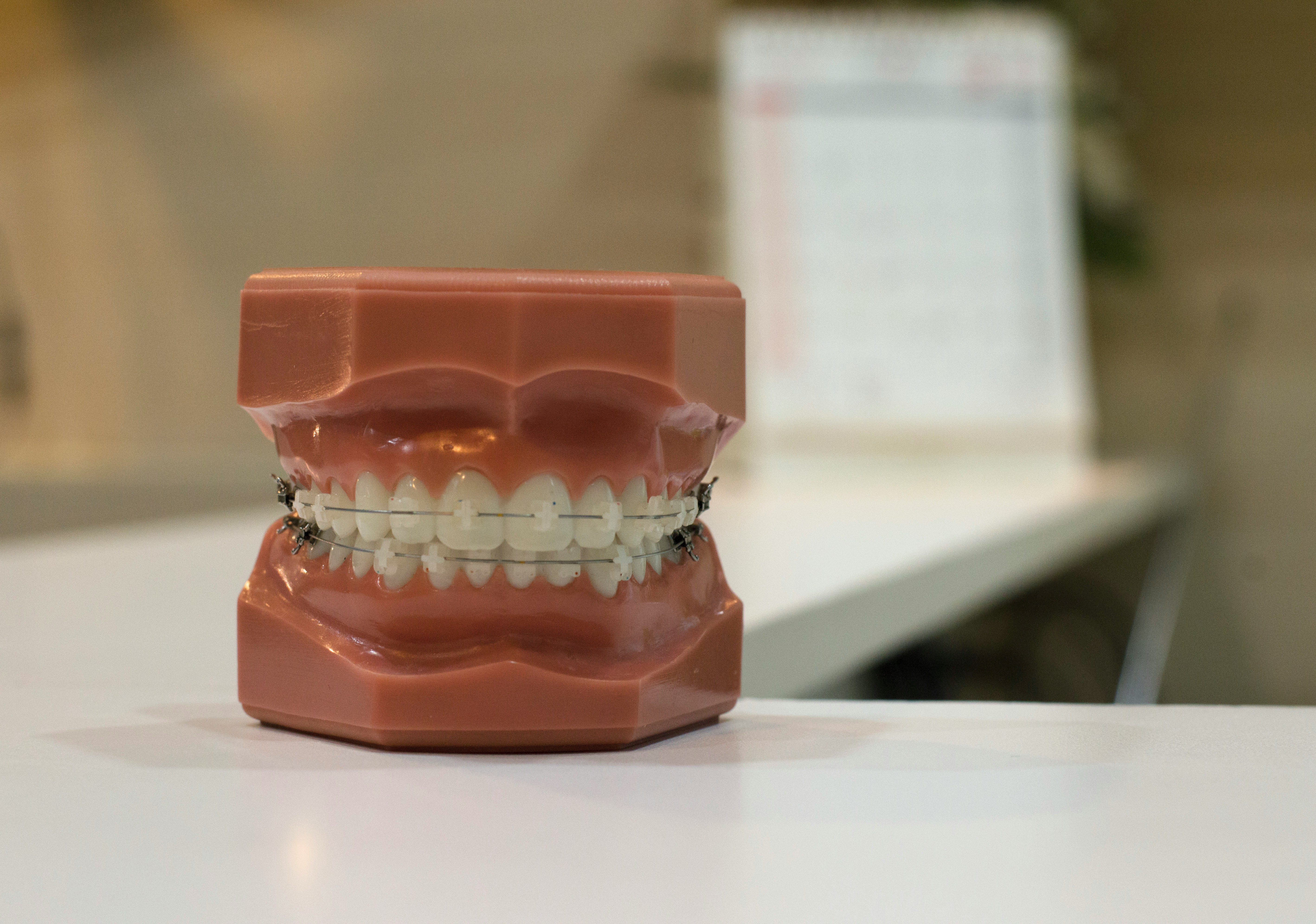DIY Teeth Whitening Hacks: What Works and What to Avoid
DIY Teeth Whitening Hacks: What Works and What to Avoid
A bright, white smile is on everyone’s wishlist. And thanks to the internet, there’s no shortage of DIY whitening hacks that promise sparkling results using common kitchen ingredients. But here’s the truth: not all that glitters is good for your enamel.
At Gargi’s Dental Care, Kolkata’s trusted dental clinic, we often treat patients whose well-meaning DIY attempts have caused more harm than good. So let’s separate fact from fiction and help you understand which home remedies for teeth whitening are worth trying—and which ones to avoid.
What Actually Works (With Caution and Moderation)
1. Baking Soda (Sodium Bicarbonate)
The claim: Removes surface stains due to its mild abrasiveness.
Verdict: Somewhat true. Baking soda can help gently polish teeth, but overuse can erode enamel.
Use with care: Mix a small pinch with water and brush once or twice a week. Never scrub hard or use it daily.
2. Hydrogen Peroxide (Diluted)
The claim: Acts as a bleaching agent and reduces stains.
Verdict: Works in low concentrations. Hydrogen peroxide is a common ingredient in professional whitening treatments.
Use with caution: Only if diluted properly (less than 3%) and used occasionally as a mouth rinse. Overuse or high concentrations can irritate gums and damage tooth enamel.
3. Oil Pulling with Coconut Oil
The claim: Pulls out toxins and whitens teeth.
Verdict: Unproven but safe. While it may not significantly whiten teeth, it can reduce plaque and improve oral hygiene.
Safe to try, but don't expect dramatic whitening results.
What to Avoid (No Matter What Social Media Says)
1. Lemon Juice & Baking Soda
The myth: The acid lifts stains and the soda polishes.
Reality: Highly acidic and abrasive, this combo erodes enamel rapidly and can lead to sensitivity and yellowing in the long run.
2. Activated Charcoal
The myth: Charcoal detoxifies and whitens teeth.
Reality: Though trendy, charcoal is abrasive and can wear away enamel. The American Dental Association does not recommend it for whitening.
3. Apple Cider Vinegar
The myth: Its acidity whitens teeth.
Reality: True—but in the worst way. Apple cider vinegar strips enamel and weakens teeth permanently.
4. Strawberries and Baking Soda
The myth: Natural acids plus abrasives = whitening.
Reality: Strawberries contain malic acid, which can erode enamel when combined with baking soda. The “white” effect is often temporary and damaging.
Safer Alternatives for a Brighter Smile
- Use ADA-approved whitening toothpaste with mild abrasives and fluoride.
- Try professional whitening treatments under dentist supervision.
- Maintain oral hygiene and avoid stain-causing foods (like coffee, wine, and tobacco).
Bottom Line
Whitening your teeth at home may seem convenient, but many DIY methods come with irreversible risks. Your enamel doesn’t grow back—so once it’s gone, it’s gone for good.
If you’re looking for safe, long-lasting, and effective whitening, skip the guesswork and consult the experts.
Brighten Your Smile the Right Way – Visit Gargi’s Dental Care
Located in the heart of Kolkata, Gargi’s Dental Care offers professional teeth whitening treatments tailored to your unique smile. Whether you're prepping for a big event or simply want a confidence boost, our experienced team is here to help—safely and effectively.
Book your whitening consultation today and let your smile shine, the healthy way.
